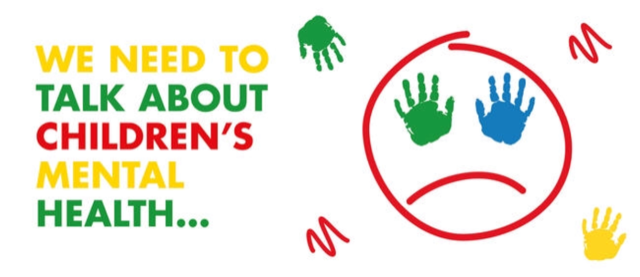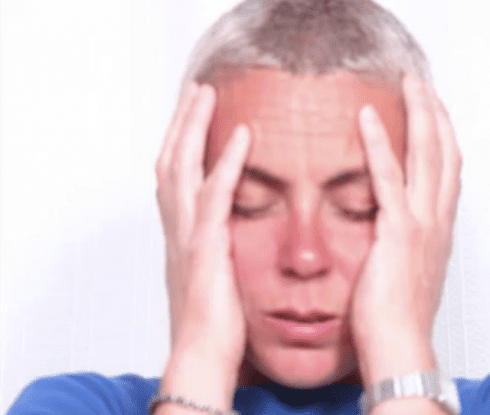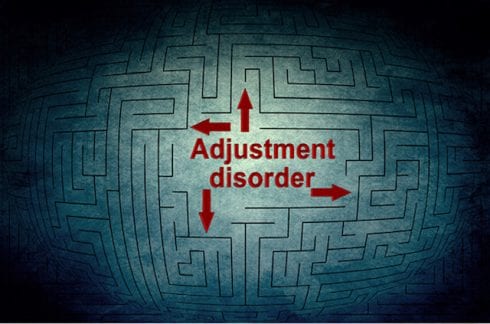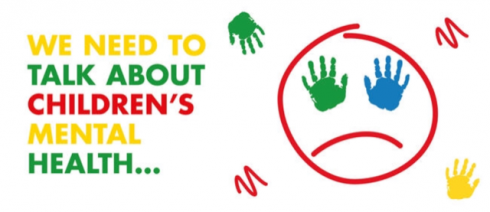
This blog is not intended to try and force a conversation on children about mental health, and it is always the parents responsibility to decide whether it is an appropriate conversation to have with their own child. And if it is, at what age it is appropriate to have these conversations. Sometimes dialogue like this will happen organically due to unforeseen circumstances.
I have long worked with people who have talked about their concerns in relation to their children’s mental well being. Whilst I don’t work with children myself, I have studied contemporary culture and children’s mental health. I realise and recognise how very difficult life is for children. I think it is very important to keep an open dialogue with children about mental health and awareness of what good mental health is and how to maintain it.
So, to a child how would we explain in simple terms what a mental health condition is and how not to stigmatise it? I think to start with, the three statements below sum up what a mental health concern is, what some of these conditions might be called, and how it is perhaps far more common than people might imagine:
1. Mental ill health refers to a series of mental health conditions relating to mood, thinking and behaviour.
2. Some mental health conditions can be anxiety, eating disorders, bipolar, personality disorders and schizophrenia.
3. It is estimated that 1 in 4 people will develop mental ill health at some point in their lives.

I think for a lot of children their perception might be that the above picture depicts someone who is mentally unwell. I imagine as with most things we do not understand, mental ill health can seem to be a little frightening to contemplate. For example, schizophrenia has certain connotations attached to the word although it has, like all mental health concerns, a spectrum.
I feel it is a good idea to explore a child’s feelings about how they might imagine somebody with a mental health condition would look/behave. For example, perhaps ask your child;
‘Do you know anybody with a mental health condition’?
‘How would you imagine someone with a mental health issue to behave’?
‘How would you react if a friend told you they had a mental health condition’?
Through discussion you will then discover your child’s level of understanding in relation to people who are mentally not well. From here I think it would be good to use contemporary and very well known famous people with diagnosed mental health conditions. Through this, I would hope that a child would see that a diagnosis does not render someone incapable of being very highly functioning, talented, intelligent and successful. This would then in turn help to take stigma away from people with mental health concerns.
So let’s take a look at some of these people …




How do we know that these celebrities have had mental health issues? Because they have openly and bravely talked about their mental health and their positive experiences in seeking help to maintain mental health well being, in light of their concerns.
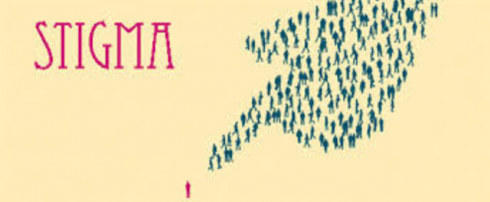
What we must also seek to do if we can, is to teach our children to be aware of words they use which can stigmatise mental health. For example, how often have we heard/said :
‘Oh he’s so bipolar’ when someone might be unhappy one day, and happy the next.
‘You’re so OCD’ when someone might like things done in a certain way.
‘She’s such a schizo’ because a person might display behaviour that is deemed to be out of the ordinary.
Whilst this might seem trivial and just a childlike way of talking, we can never be aware of who has a condition, whose parent, sibling or friend might have a diagnosis. It would be very difficult for people to reach out and talk if words were being used in such a way.
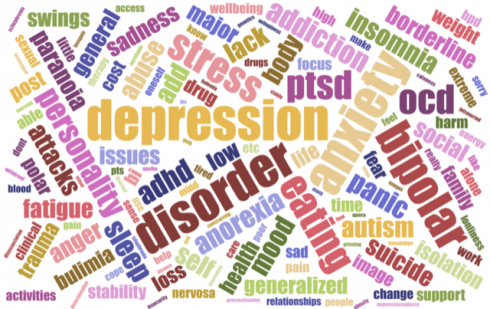
So what to do if you suspect your own child is struggling mentally? It is a very stressful period of time to be a child. The pressure to perform highly at all time, the whole issue of social media and the problems that come with that, body shaming, the list is endless. I would encourage the following, and be prepared that it might not be you as their parent that they want to have the conversation with. But that is ok.
1. Talk to somebody. Somebody that you can trust not to judge you
2. Try to stick to a good and healthy routine
4. Good sleep pattern, try not to use social media before bed time.
5. Eat well
6. Exercise
7. Be aware of your social media interaction and try to restrict it
8.Talking therapies. There are many different types of therapists. If the first one doesn’t work out for you, find another.
Click here to read more News from The Olive Press.

